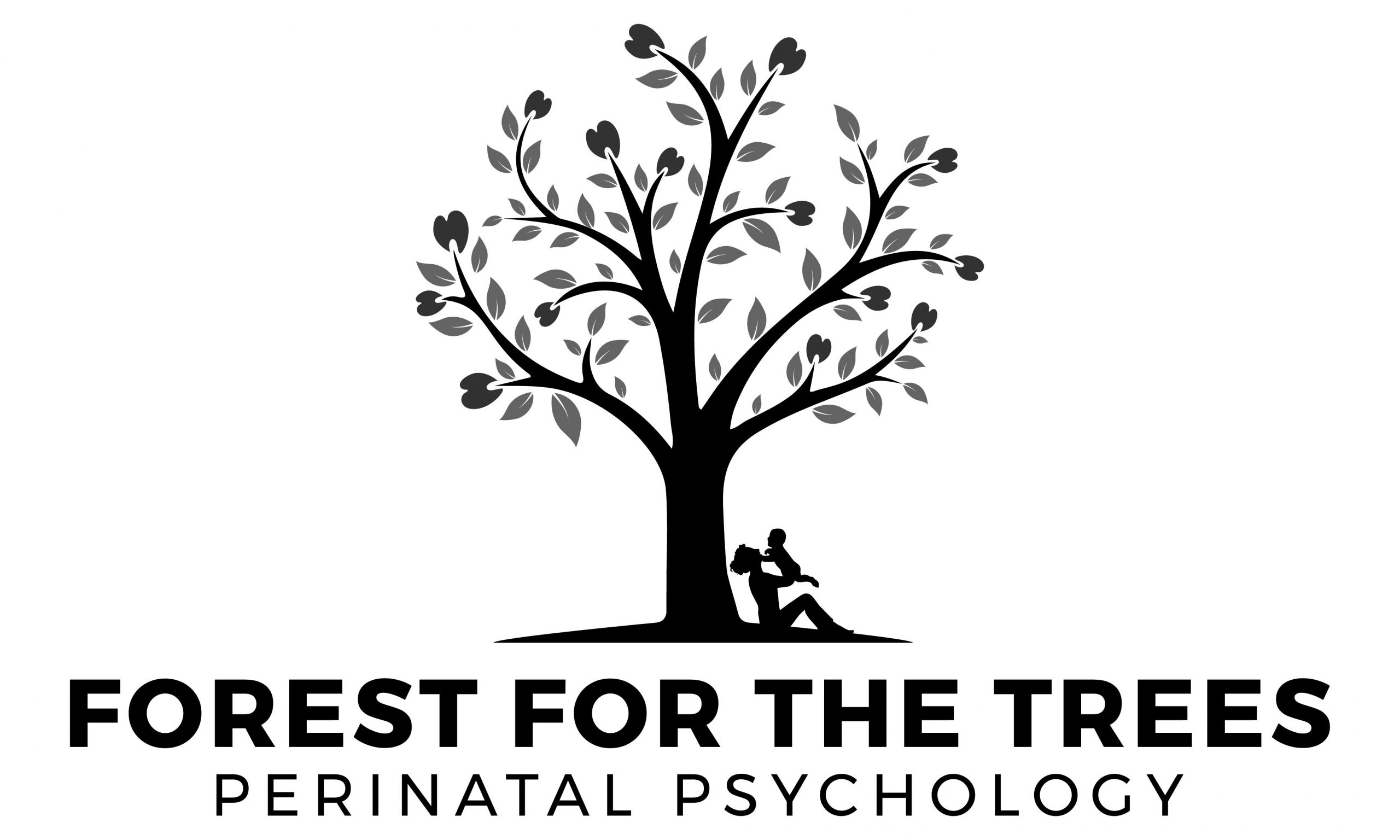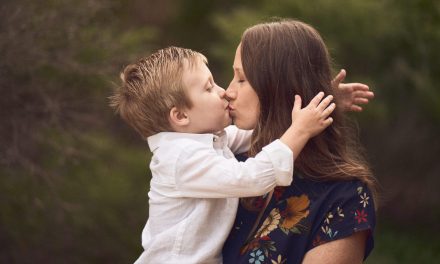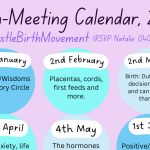Written by Lauren Ell, Clinical Psychologist, Forest for the Trees Perinatal Psychology
Crying in the middle of the night, accidents on the floor, defiant glares, anxiety problems, barking at the neighbours…. Okay, so I may be talking about my miniature schnauzer puppy. But who would have thought that saying yes to a cute puppy photo online would teach me something so important. Having responsibility for the care of another is hard. Parenting is hard.
Obviously, a puppy cannot be compared to the struggles and joy of parenthood. But one of the hardest things I have been dealing with is a similar issue that many parents hit at some point. That is: ‘I need help, but what is the best advice to follow?’
When parents begin this search for answers, they will mostly likely encounter a problem, in that everyone has a different idea! Friends, family, books and psychologists all may have contrary ideas due to their own experiences, research and new theories that emerge over time. In my work as a psychologist, it has struck me how frustrating this process is for families.
So, while I remain confused regarding my puppy training, I thought I could at least be of some assistance to parents. I have generated a list of eight parenting hints that are generally universal across approaches. Hopefully this guide helps you to navigate the inevitable challenges of parenting. Remember that if the changes you are trying at home don’t seem to be working, professional help is always available.
- Parental self-care: This one is important. As you get caught up in taking care of your family, self-care goes out the window. But children pick up on the emotional environment of the family. Therefore, taking care of yourself is vital to you and your family’s wellbeing.
- Teach how to manage emotions: It is important to consider the emotion underlying your child’s behaviours e.g. perhaps they are throwing a tantrum about going to school because they are anxious. Children need help in learning how to manage overwhelming internal experiences, or what we call emotions. Key steps involve soothing your child and validating their feelings.
- Modelling: Research tells us that children learn mostly through modelling. That is, what they see they will do. Practice showing your children helpful ways of behaving, communicating and managing difficult feelings.
- Maintain boundaries: Despite their protest, children need boundaries. Boundaries enable children to feel safe and secure, knowing that ultimately you are in control. So, remember to hold firm!
- Quality time: Remember to spend quality time with your child, as this will assist in maintaining their wellbeing and a positive parent-child relationship. It can be easy to forget when life gets busy!
- Rewards and consequences: It is important to praise and reward desired behaviours. Rewards will increase your child’s willingness to repeat behaviour, maintain a positive relationship between you and your child, and boost self-esteem. Consequences can be useful in changing behaviour, but need to be non-threatening and allow for teaching and emotion management. Natural consequences are often very useful e.g. having to leave the park early if unable to play nicely with other children.
- Teach correct behaviours: Childhood is all about learning. As a parent, it is easy to get stuck in the ‘don’t do that!’. It is important to remember to teach children the correct way of behaving for next time, otherwise they’re likely to repeat old behaviours.
- Consider broader context: Children are a product of the world around them. You can gain helpful insights into their behaviours when you consider any stressors or changes in your child’s family, social and school environment.
Penny Marshall is a clinical psychologist and the founder of Forest for the Trees Perinatal Psychology. She has extensive experience as a clinical psychologist across a number of settings including: private practice, hospitals, not for profits and the university sector. Penny is especially passionate about working with women and their families in the perinatal period, because of the great impact support can have during this important time. She is experienced in working with a wide range of emotional issues as well as serious mental health conditions.
Lauren Ell is a clinical psychologist who practices at Forest for the Trees Perinatal Psychology. She has been working in the Newcastle region supporting those with emotional difficulties and mental health concerns since 2013. Lauren enjoys working with parents, and those presenting in the perinatal period, as she finds it rewarding to see the significant improvements clients can make at such an important time in their lives. Lauren is especially interested in supporting parents presenting with anxiety, attachment issues, difficulty adjusting to parenthood and managing traumatic experiences.















